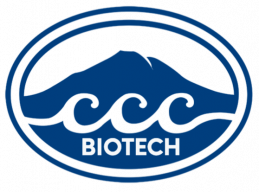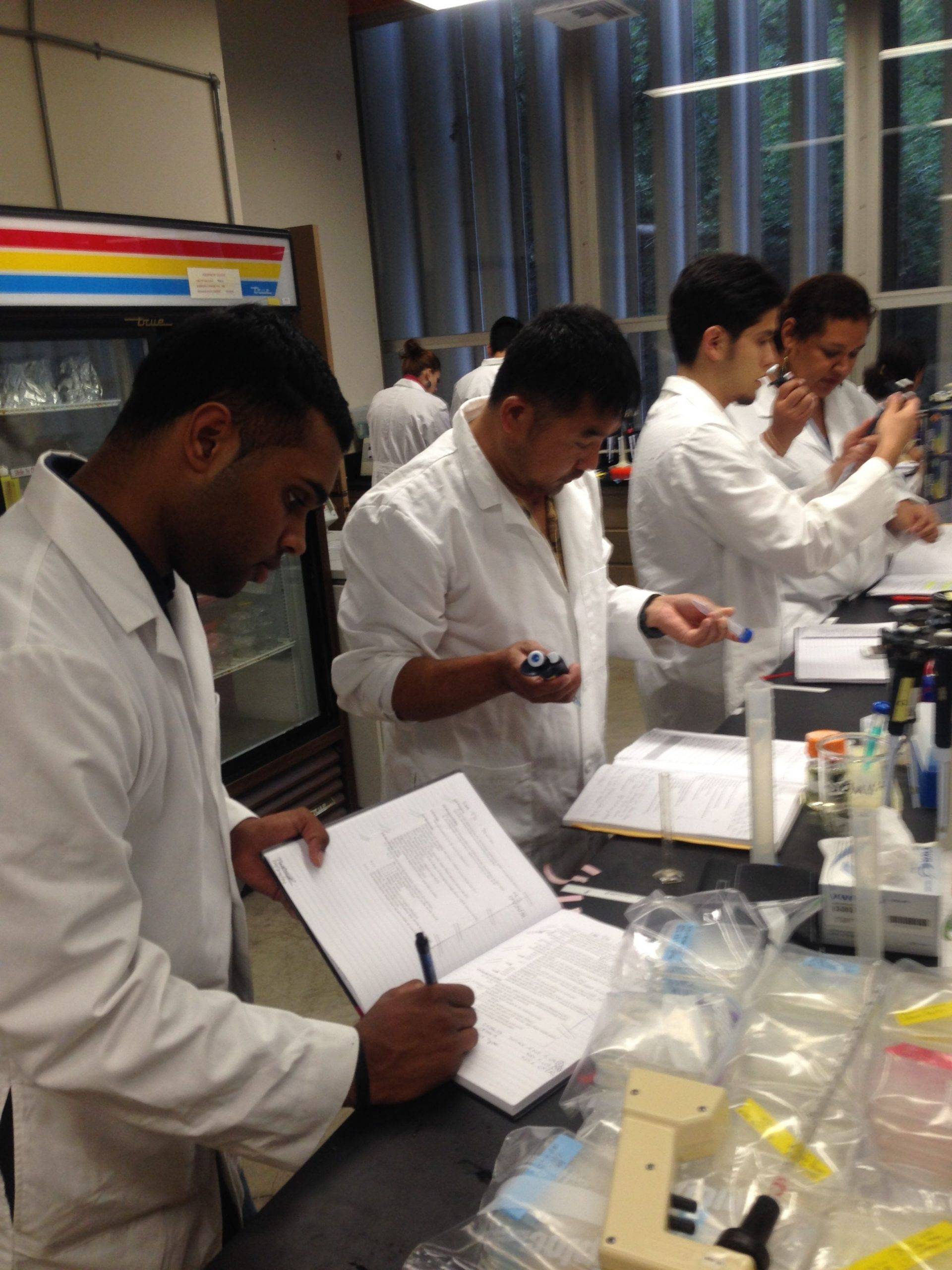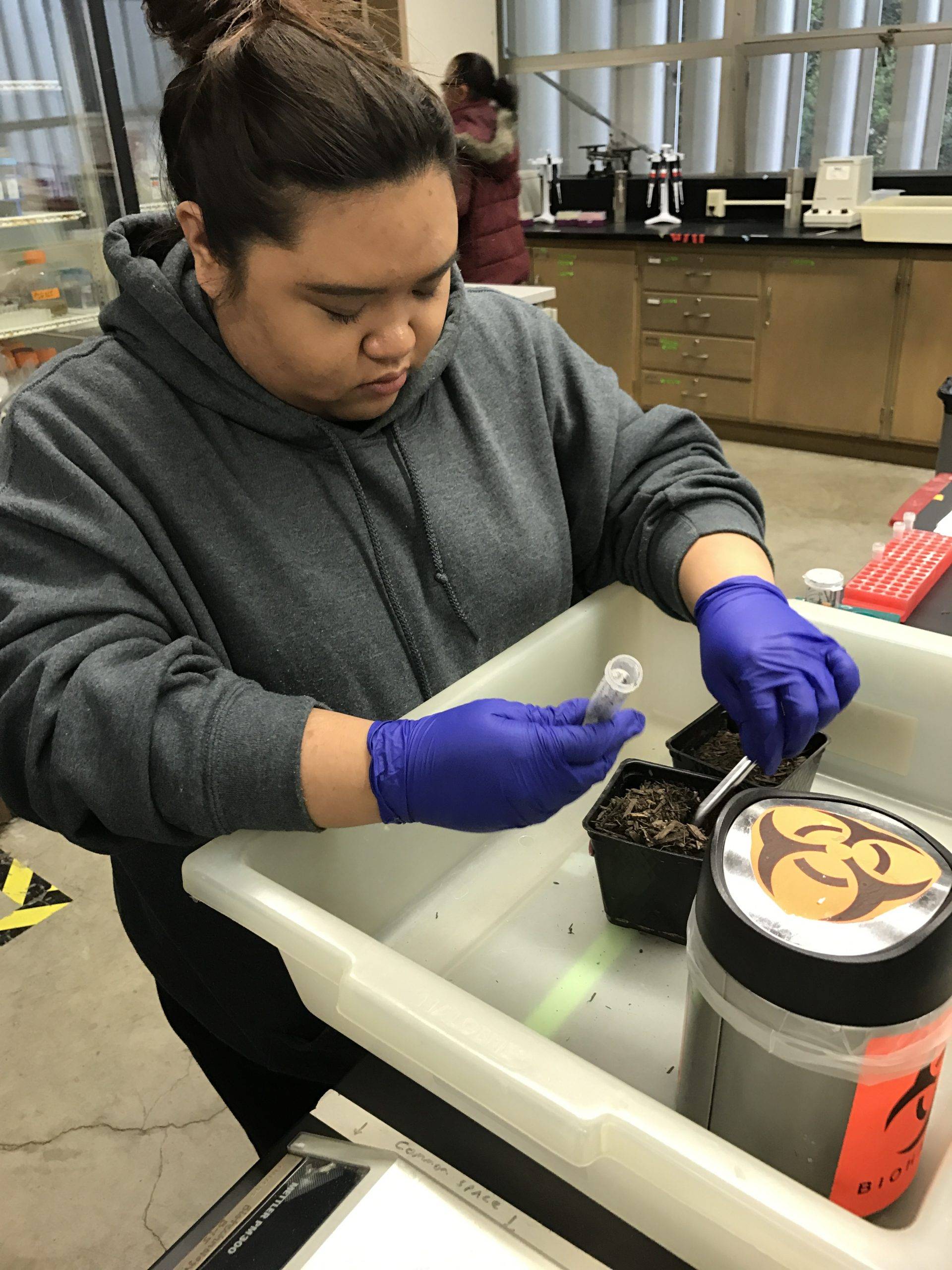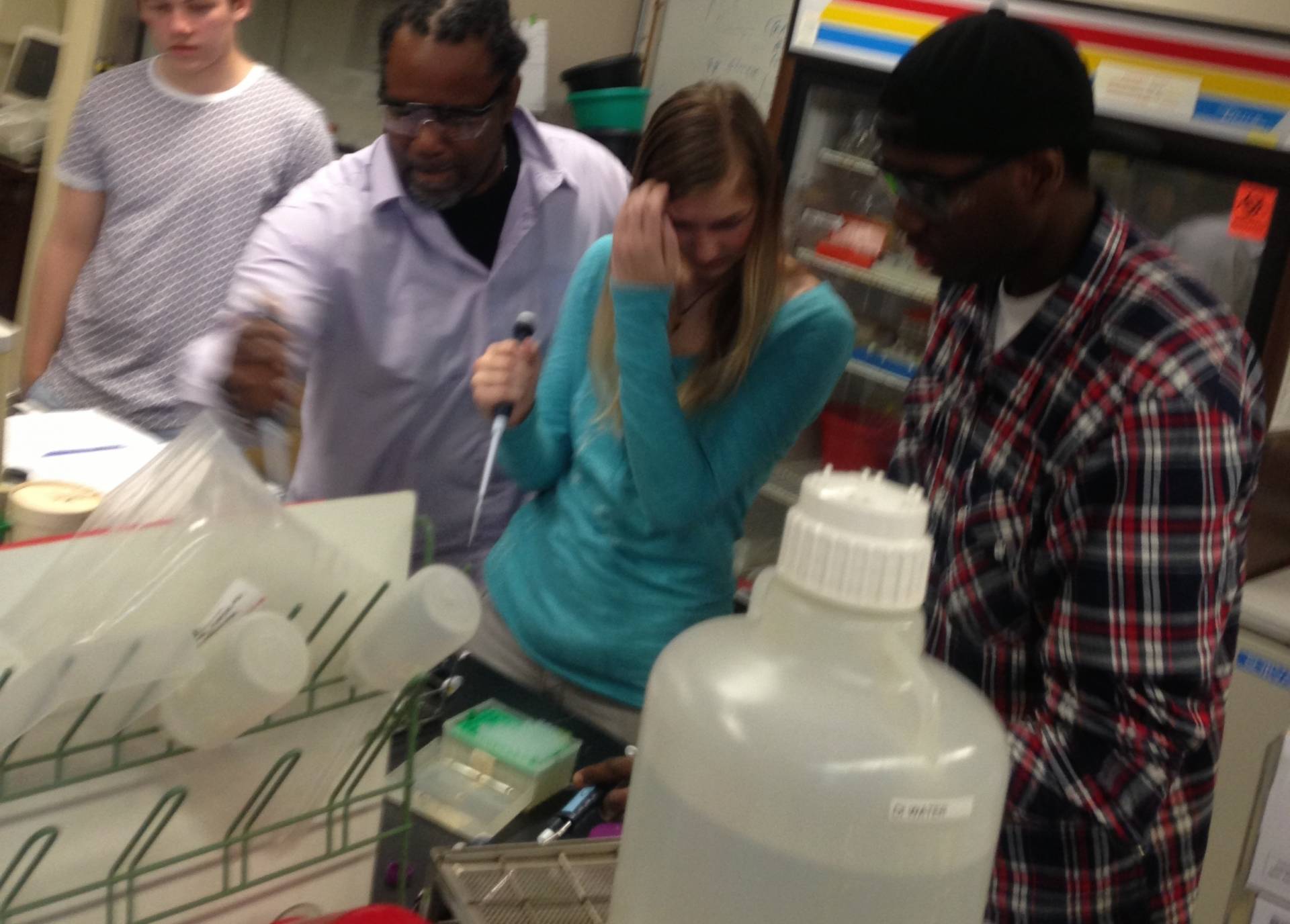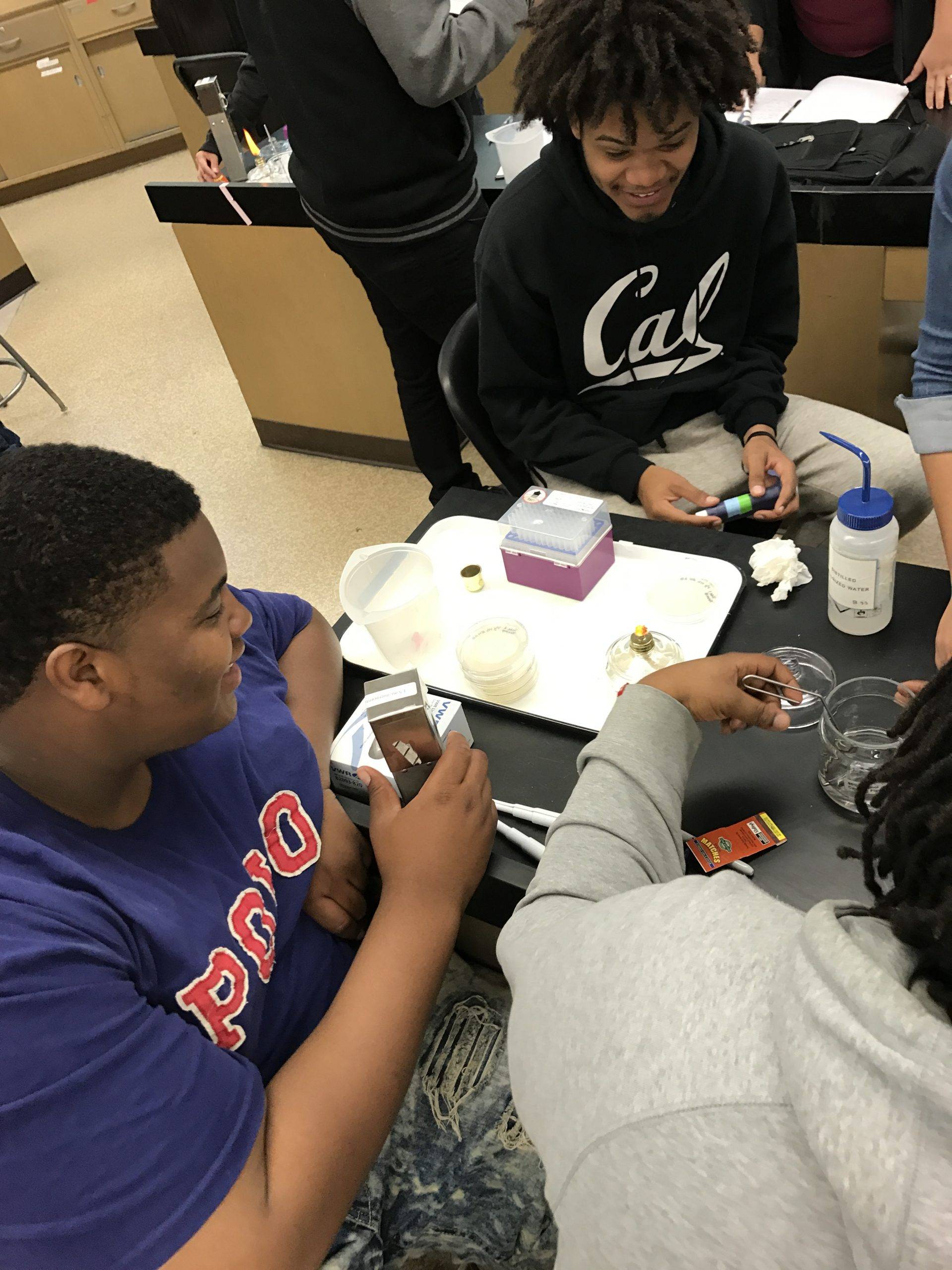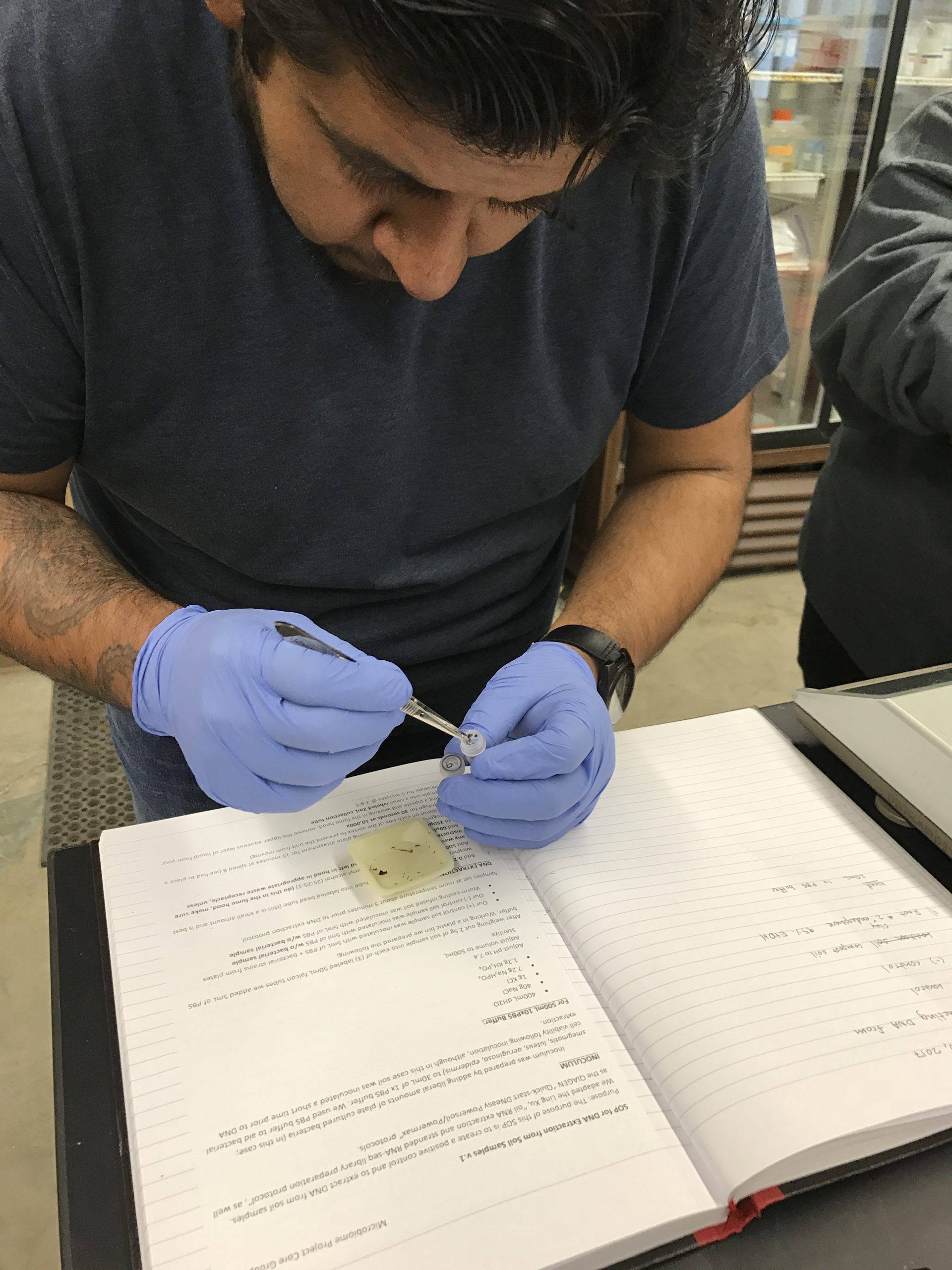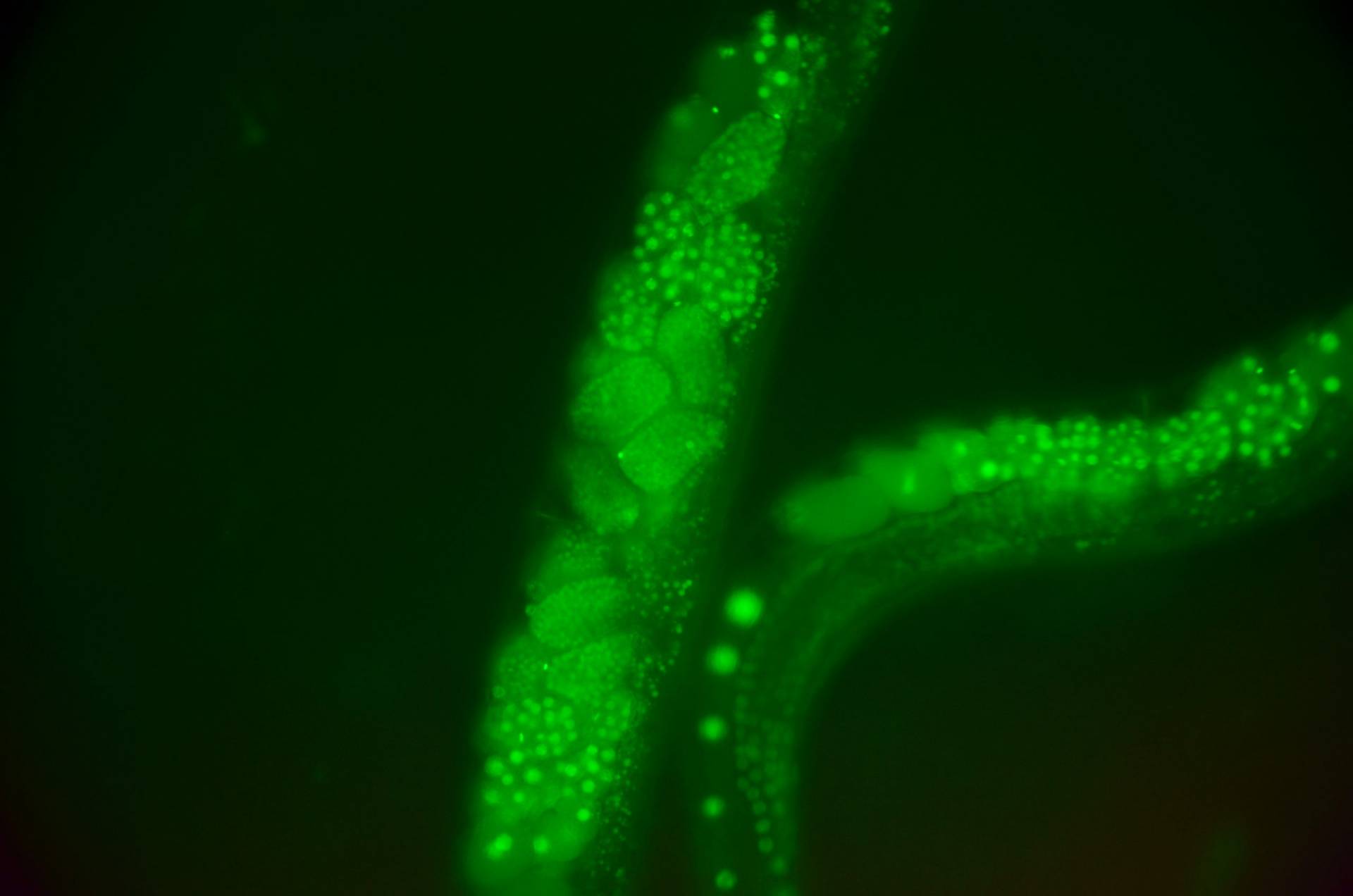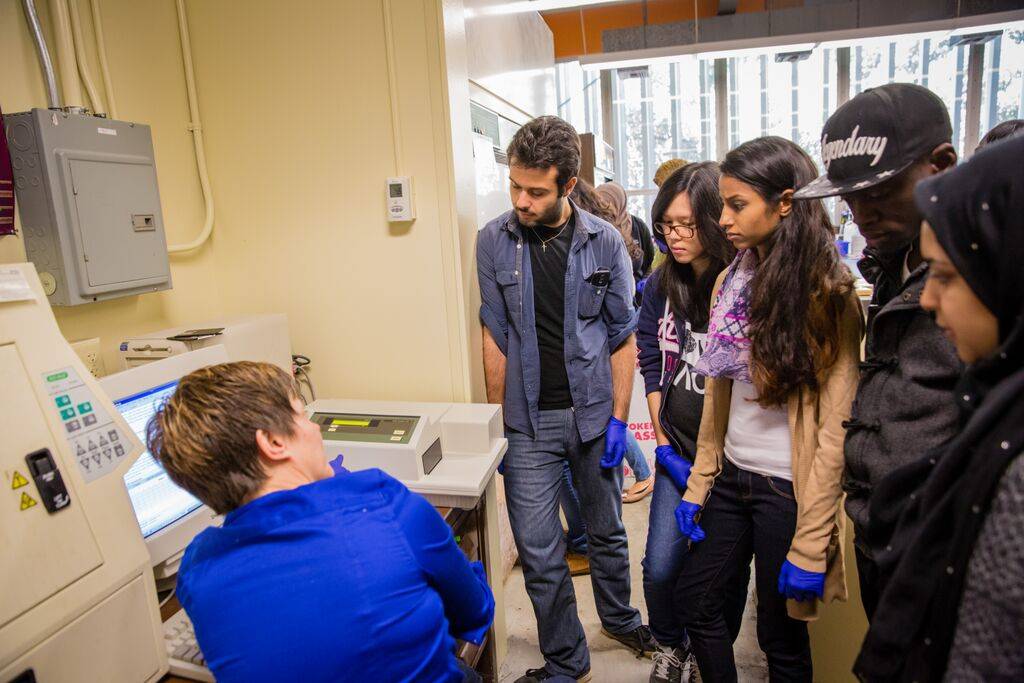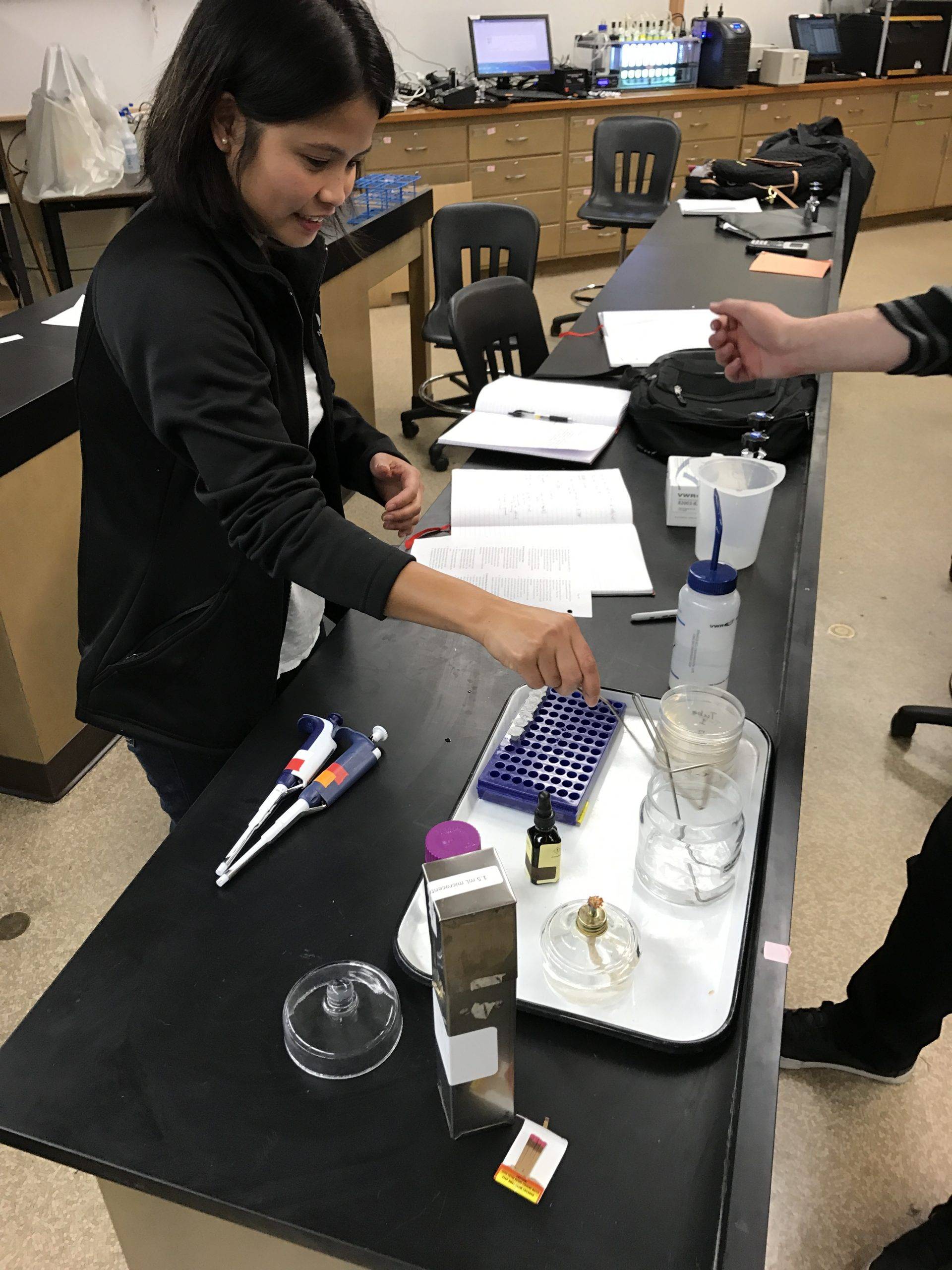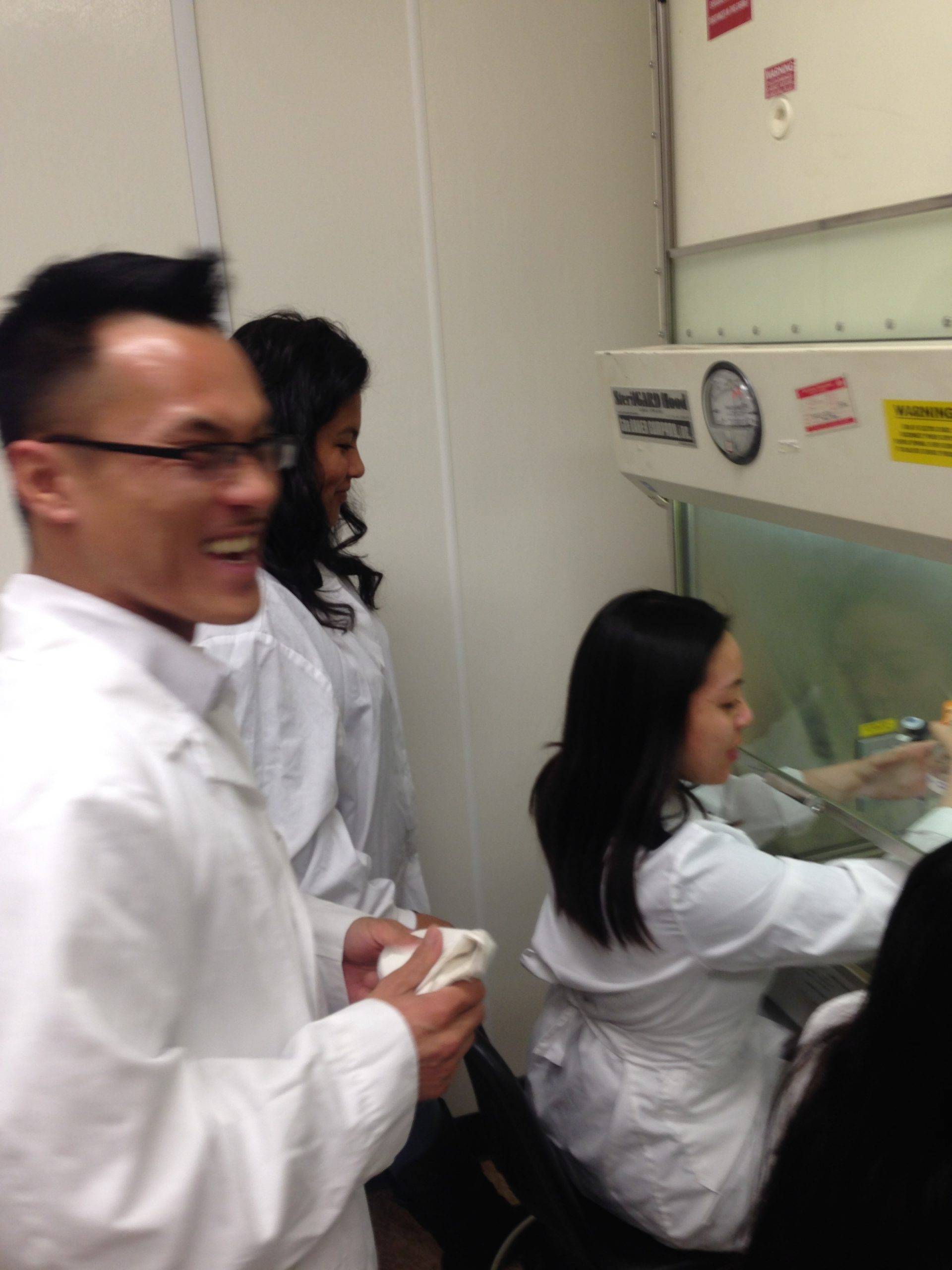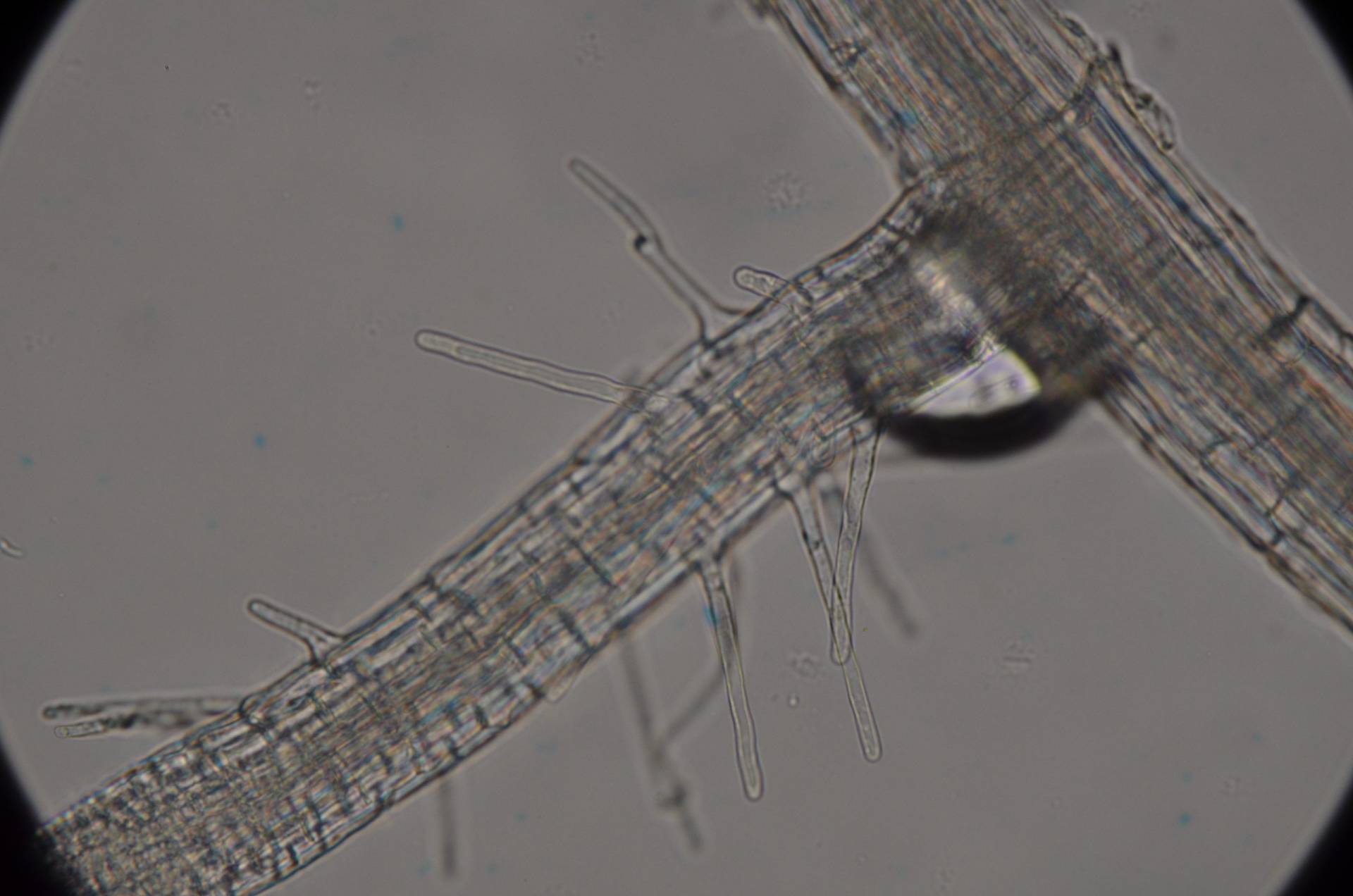BioSc 172 teaches students about all aspects of the biotechnology field, with content appropriate for a wide range of students and professionals. Topics include legal and ethical issues surrounding biotechnology, cells, genes, DNA, proteins, genetic engineering, drug development, biofuels, agriculture, bioremediation, biotechnology company structure, and the regulations affecting the field. Satisfies pre-requisite and transfer requirements. General education:IGETC Area V and CSU B3, Articulates with UC Davis Biotech1 course.
Offered in Summer, Fall and Spring Semesters: for Summer 2024 is an 100% online course Summer class starts June 10. For Fall 2024, BIOSC172-6507 is an 100% online course with a live online meeting from 7-8pm on Mondays. In the fall, it must be taken with the in-person lab. Fall class starts August 26.
What happens in the course?
Skills in
- Scientific Communication of biology and life science
- Aligning biotechnology products to basic biology concepts
- Navigate biotechnology company structure and innovation culture
Knowledge of
- Biological structures and molecules (Cells, genes, DNA, Protein…)
- Regulations affecting the biotechnology field
- Cell culture, including stem cells
Ability to
- Explain common life science techniques (PCR, chromatography, sequencing)
- Discuss legal and ethical issues surrounding biotechnology
- Explain process of bio-product development and manufacturing
Who should take the course?
- Biotechnology students
- General Education: IGETC (area V) and CSU GE (area B3)
- Allied Health: Meets pre-requisite requirements to BIOSC 119, BIOSC 134
- Articulates with UC Davis Biotech1 course
What type of jobs does it prepare for?
- Research and lab support
- Biorenewables
- Biopharmaceutical manufacturing
- Gene therapies
- Immunotherapy (invivo, tissue collection, animal research)
More details about Introduction to Biotechnology lecture here.
Part of certificate
- Biotechnology Technician
- Biotechnolgy Associates of Science
